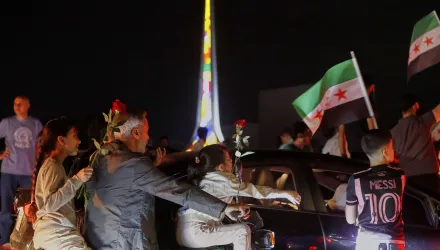A growing number of international relations scholars argue that intergovernmental organizations (IGOs) promote peace. Existing approach esemphasize IGO membership as an important causal attribute of individual states, much like economic development and regime type. The authors use social network analysis to show that IGO memberships also create a disparate distribution of social power, significantly shaping conflicts between states. Membership partitions states into structurally equivalent clusters and establishes hierarchies of prestige in the international system. These relative positions promote common beliefs and alter the distribution of social power, making certain policy strategies more practical or rational. The authors introduce new IGO relational data and explore the empirical merits of their approach during the period from 1885 to 1992. They demonstrate that conflict is increased by the presence of many other states in structurally equivalent clusters, while large prestige disparities and in-group favoritism decrease it.
To view full text please click here (login may be required).
Montgomery, Alexander H. “Power Positions: International Organizations, Social Networks, and Conflict.” Journal of Conflict Resolution, February 1, 2006



